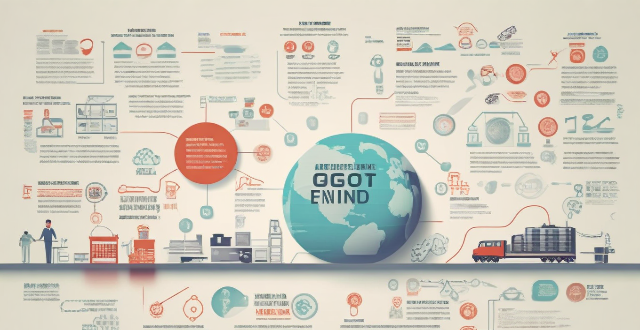The gig economy is expected to evolve in the future with trends such as increased use of technology, greater emphasis on work-life balance, a more diverse workforce, increased regulation and standardization, and greater collaboration between employers and workers.

The Evolution of the Gig Economy in the Future
The gig economy has been growing rapidly over the past decade, with more and more people turning to freelance work or temporary jobs to make a living. As technology continues to advance and the workforce becomes increasingly flexible, it is likely that the gig economy will continue to evolve in the future. Here are some potential trends and developments that we may see:
Increased Use of Technology
As technology continues to advance, it is likely that the gig economy will become even more reliant on digital platforms and tools. This could include the use of artificial intelligence (AI) and machine learning algorithms to match workers with jobs, as well as the use of virtual reality (VR) and augmented reality (AR) technologies to create immersive training experiences for gig workers.
Greater Emphasis on Work-Life Balance
One of the biggest challenges facing gig workers today is maintaining a healthy work-life balance. As the gig economy continues to grow, it is likely that there will be a greater emphasis on creating flexible schedules and providing support services for workers who need them. This could include access to mental health resources, financial planning tools, and other resources that help workers manage their personal lives while still being able to take on new projects.
More Diverse Workforce
The gig economy has traditionally been dominated by white-collar professionals, but this is likely to change in the future. As more people from diverse backgrounds enter the workforce, we may see an increase in the number of gig workers from underrepresented groups. This could lead to a more diverse range of skills and perspectives within the gig economy, which could ultimately benefit employers looking for unique talent.
Increased Regulation and Standardization
As the gig economy grows, it is likely that there will be increased regulation and standardization around issues such as worker classification, pay rates, and working conditions. This could include new laws and regulations aimed at protecting gig workers from exploitation or mistreatment, as well as industry standards for best practices in areas such as payment processing and dispute resolution.
Greater Collaboration Between Employers and Workers
Finally, it is possible that we will see greater collaboration between employers and gig workers in the future. This could involve more open communication about project goals and expectations, as well as opportunities for workers to provide feedback on how they can best contribute to a project's success. By fostering a sense of mutual respect and cooperation, both employers and workers can benefit from a more positive and productive work environment.